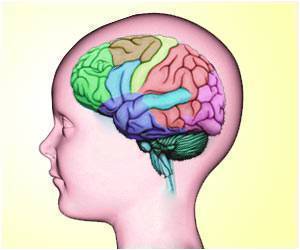Researchers at Centre for Addiction and Mental Health (CAMH) have found a significant link between lack of motivation and poor cognitive performance among schizophrenia patients.

Schizophrenia is a severe mental illness characterized by a diverse set of signs and symptoms including "positive", "negative" and "cognitive" symptoms. Positive symptoms include delusions, hallucinations, and other reality distortions known as psychosis. Negative symptoms include deficits in motivation and effort, and social withdrawal. Cognitive impairments are more subtle and include trouble with attention, memory and planning ability.
Treatment options for schizophrenia are limited and existing medications treat only one symptom of the illness (psychosis). Over the last decade, research efforts have shifted to focus on addressing cognitive symptoms but little attention has been paid to the interrelationship of symptoms and how motivational impairment itself can impact cognitive ability.
"We know that cognitive impairment can be devastating for people with schizophrenia and there is a push to look at solutions, including medication options, brain training and brain stimulation techniques," said lead author Gagan Fervaha, a researcher in the Complex Mental Illness program at CAMH and a PhD candidate at the University of Toronto.
"But that might not be the whole picture," said Fervaha who is also a Vanier Scholar. "This study shows that we also need to look at motivational impairment and how it impacts cognition in order to target treatments in a better way."
Intrinsic motivation refers to the interest in, drive toward, and enjoyment of activities and goals for their own sake. Many people living with schizophrenia experience a deficit in motivation – a loss of drive and initiation that impacts a person's ability to complete everyday tasks or function well on a day-to-day basis.
Using this information, CAMH researchers evaluated the relationship between cognitive test results and levels of motivation and found that lower levels of motivation were associated with greater cognitive impairment. Additionally, the study suggests that cognitive impairments are, to some extent, secondary to motivational impairment.
While cognitive and motivational deficits were previously thought to be distinct domains of the illness, a better understanding of how the lack of motivation influences cognitive performance might mean it is the lack of motivation, not cognition on its own, that is causing people to perform poorly on tests. It could also mean that targeting motivational deficits might help improve uptake of existing therapies or inform new treatment approaches.
Source-Eurekalert
 MEDINDIA
MEDINDIA




 Email
Email










